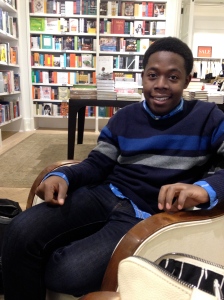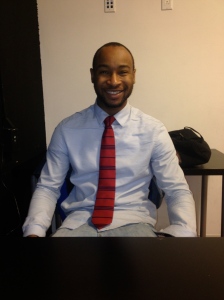1. Cull the holiday card list.
When it comes to letter writing, I am devoutly old fashioned. I don’t send out professional photos of my family or type up mass letters informing you of my vacations and accomplishments for the year. If I send you a holiday greeting, it means I set pen to paper and write out a personalized message to let you know that I am grateful your presence in my life. I go the extra mile by hand addressing the envelope rather than printing out address labels.
I sincerely don’t expect any reciprocity because these letters come from the heart. The whole ritual of shopping for cards, writing my greetings, addressing the envelopes, and dropping them in the mail makes me feel really good, which is a reward in itself. I also know that my obsession with hand written letters is my very own thing mania, and the priorities and demands in my life will be different from yours.
To be honest, a few years ago I suddenly stopped sending out holiday greetings. I hated the feeling of obligation that went with the tradition. But this year I realized that no one was actually holding a gun to my head and forcing me to maintain such a huge mailing list. Because this practice is meaningful to me, I owe it to myself to make it sustainable. I did this by culling it down to include only my oldest and closest friends, family members for whom I have a real fondness, and new friends I’m very glad to have met this past year. This made it easy to write personalized, authentic greetings to everyone.
Those who didn’t make it to my list, by the way, got phone calls. (I’m really serious about letter writing being a significant gesture to me.)
2. Make plans that don’t make you feel like a prisoner.
‘Tis the season for giving and forgiving, not for suffering and guilt. Break bread with the people who make you feel warm inside. Stay only as long as you are enjoying the company. Remember, you are a grownup.
3. Care for yourself. Care for yourself. Care for yourself.
This season required a lot of early morning meditation, winter runs in the park, and naps. Also, hugs. Lots and lots of hugs. (Is it January yet?)


